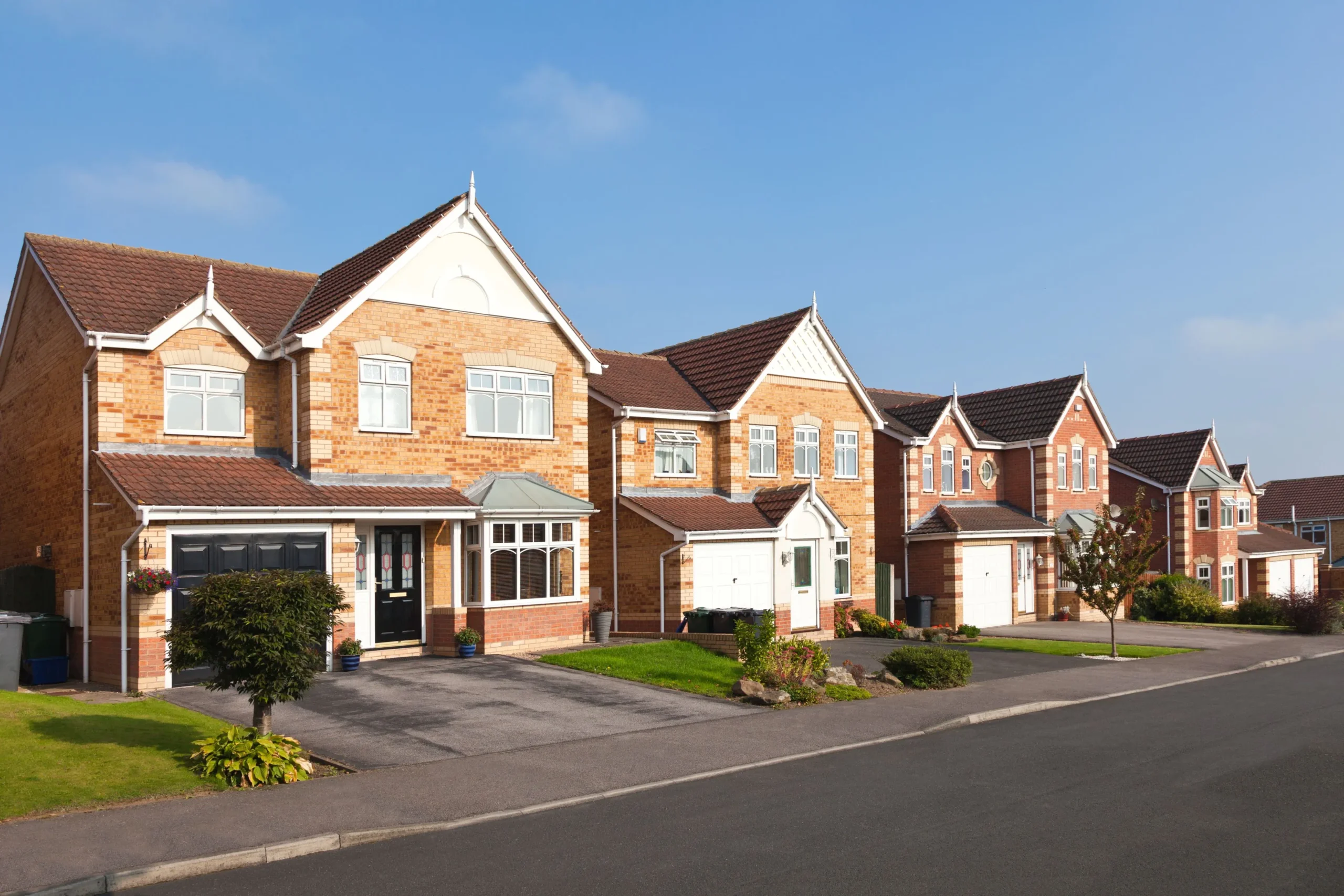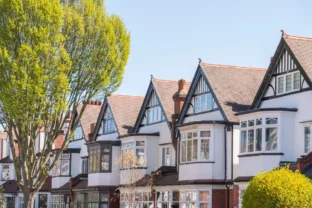What is Stamp Duty?
29 February 2024 • 5 min read

See what our customers have to say about us
Stamp duty is a tax you may have to pay to HRMC if you buy a residential property in England or Northern Ireland over a certain threshold. The amount of stamp duty you pay depends on your circumstances. There are different requirements for first-time buyers, couples going through a divorce and those purchasing a second property, for example.
Stamp duty applies to both freehold and leasehold properties, whether bought outright or with a mortgage.
Stamp duty is known under different terms if you’re buying a property in Wales or Scotland. In Wales, you’ll pay Land Transaction Tax (LTT); in Scotland, you’ll pay Land and Buildings Transaction Tax (LBTT).
What is the current stamp duty threshold?
The current stamp duty threshold on residential properties is £125,000. Therefore, if you purchase a property below this threshold, you will not have to pay stamp duty. If you purchase a property above the threshold, you will have to pay a percentage ranging from 2%-12% of stamp duty, depending on which band the property falls into.
How much is stamp duty?
The amount of stamp duty tax you pay depends on what part of the property purchase price falls within each band.
Stamp duty rates are as follows:
- 0% on the first £250,000
- 5% between £250,001 and £925,000
- 10% between £925,001 and £1.5 million
- 12% over 1.5 million
For example, if you buy a house for £325,000, your total stamp duty Land Tax would be £3,750. This is because you’d have to pay 0% on the first £250,000 and 5% on the part between £250,001 and £325,000.
First-time buyers relief
First-time buyers in England and Northern Ireland are exempt from stamp duty on properties up to £425,000, as long as their main residential property costs £625,000 or less. For properties priced between £425,001 and £625,000, a first-time buyer will have to pay 5% stamp duty. If the purchase price exceeds £625,000, first-time buyers will pay stamp duty at the standard home mover rate.
It is important to note that you won’t be considered a first-time buyer if you’ve previously owned or part-owned a property in the UK or abroad. This includes inherited property, even if you sold it straight away and never lived in it.
Stamp duty on second homes
With any additional property you buy for £40,000 or more, you’ll have to pay an extra 3% in stamp duty, on top of the standard rates. Stamp duty for second properties doesn’t apply to caravans, houseboats or mobile homes, but it does apply to second homes, buy-to-let properties and holiday homes.
Stamp duty rates for additional properties are as follows:
- 3% on the first £250,000
- 8% between £250,001 and £925,000
- 13% between £925,001 and £1.5 million
- 15% over £1.5 million
Buying and selling property with stamp duty
It is important to note that if you are purchasing a new main residential property but there’s a delay in selling your previous property, you may have to pay the higher stamp duty rates, as you’ll technically own two properties at that time.
The good news is that if you sell your previous property within three years of purchasing your new property, you’ll be able to apply for a refund through the GOV.UK website for the higher stamp duty rates you paid when you bought your new home.
When and how to pay stamp duty
You have 14 days from the completion date, when all contracts are signed and you have the keys, to pay stamp duty. You could face a fine with added interest if you do not pay your stamp duty land tax within the timeframe.
Usually, it will be your solicitor who ensures that you pay your stamp duty, and they will encourage you to pay the fee straight away. Nevertheless, you are ultimately responsible for ensuring that your stamp duty payment is paid on time.
To pay stamp duty in England and Northern Ireland, you’ll need to find your unique transaction reference number. This can be found on your submission receipt online or on your paper stamp duty return. You can then transfer the money online or by using mobile banking using HM Revenue & Customs’ bank details. Alternatively, you can pay by debit card, cheque by post, or cash at most banks.
You can also learn about filing a return and paying stamp duty on the GOV.UK website.
Circumstances when stamp duty may not apply
You will be exempt from paying stamp duty in the following circumstances:
- A transfer of equity as a result of a court order during divorce, separation or dissolution. If a couple permanently separates without getting a divorce, they will be treated as an unmarried couple for stamp duty purposes.
- Providing there are no other considerations, property left in a Will is not usually subject to stamp duty.
- When a property is gifted to someone, they will not have to pay stamp duty on its market value, provided there is no outstanding mortgage. However, if you take over some or all of an existing mortgage, stamp duty may be payable on the value of the mortgage over the stamp duty threshold.
Want to know more about how we can help you with stamp duty? Don’t hesitate to get in touch or get a free quote.
You might also like
The majority of estates are not large enough to incur Inheritance tax; however, you ...
As a buyer, your conveyancer’s job involves fact finding on your behalf. This includes ...

